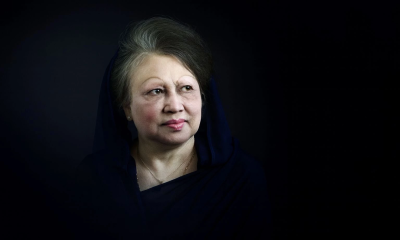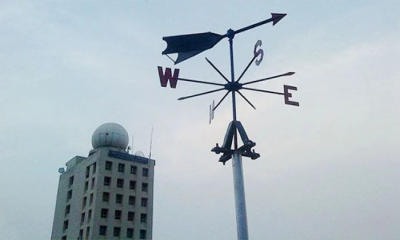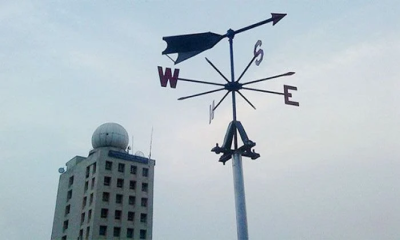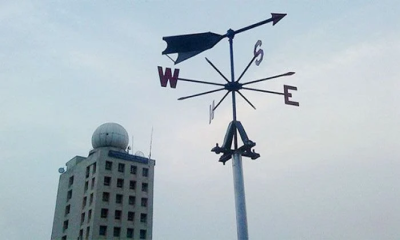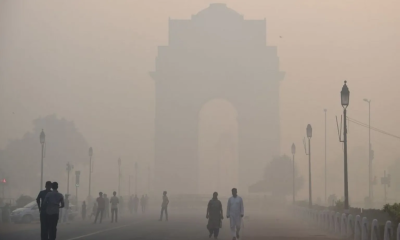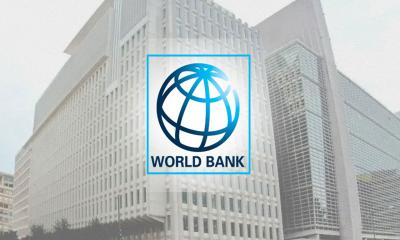For thousands of students from middle and low-income families in the country, the fresh proposal by Finance Minister AHM Mustafa Kamal to impose a 15 percent tax on the total income of private educational institutions exacerbates the situation at hand. The Finance Minister made the proposal during his budget speech in parliament on Thursday afternoon.
Many private university students have dropped more than a semester due to the pandemic. As families lose income, the students dependent on their parents, are already finding it increasingly difficult to continue their education. Students and guardians believe, the ultimate burden of this tax will fall on them, as institutions will cope with the increased tax by increasing tuition fees. If the new tax proposal on educational institution is implemented, the decision will affect students, and many might be forced to drop out of their institutions permanently.
Easing the situation for students to pursue their studies during the pandemic could be the wisest choice, however if the government walks on a completely different track it only means students are not prioritized, says an anxious private university student in the capital, believes educationalists, teachers, students and also authorities of private universities.
“Might lead to increased drop-outs”
While speaking to The Report on this issue, Prof Anu Muhammad said. “Private universities are profit oriented institutions, they have strong profit motives. These institutions often set tuition fees according to their profit motives. The imposition of tax on these institutions will not affect their profit margins, rather they will make the students pay for it. It will lead to higher cost of education for the students.”
Suggesting the importance of fees-monitoring at private institutions he said: We have an assumption, that students enrolled in private institutions are from affluent families. However, this is a very wrong idea. Many students from fixed and middle-income families come to pursue education at private institutions, often taking education loans. There is was an existing demand that University Grants Commission (UGC) monitor the tuition fees scale of private institutions, to prevent any exploitation. The cost of education is already high, the added tax might lead to increased drop-outs.
“Unrealistic and irrational”
Speaking to The Report in this regard Lecturer at a private university Sami H. Chisty said: Imposing tax on education is not a new phenomenon. This issue has sparked anger and unrest among students earlier as well. In the current situation this proposal is even more unrealistic and irrational. Private universities are already affected due to the pandemic. Many students are struggling to pay their tuition fees, moreover, remuneration for teachers-staff is also a matter of concern amid the pandemic.
Whereas, educational institutions should have been given incentives, they are being taxed. The present government has always prioritized education, thus the proposal of 15 percent tax on private institution must be reconsidered.
“Ultimate burden on us”
A private university requesting anonymity said he has been waiting for more than a year to enroll in Masters, but he couldn’t due to the pandemic. An increase in tuition fees will make his chances vulnerable of a higher degree. He told The Report: “If the tax on private universities is imposed, ultimately, we will pay it in the form of increased tuition fees, and I may not be able to pursue a Masters. We will have to bear the consequences of this inconsiderate move, not the university authorities. The ultimate burden will fall on us.”
‘Can’t afford so much of mobile data for online classes’
Faria (not her real name) used to earn some money from private tuitions, but she lost all three of her students when the government announced the first nationwide lockdown last year. She used to contribute a part of her hefty tuition fee, the rest were covered by her parents. She moved back to her remote village in Kuakata last year as her hostel in Dhaka was shut due to the prolonged lockdown.
“There is no service where I live, attending online classes with mobile data is going beyond my affordability. It was very difficult for me to continue my studies amid the pandemic. If the tuition fees are increased due to the VAT on private universities, it will aggravate the situation, for me and my family.”
“Left with no choice”
Our university is new, it will be difficult for us to cope with the increased taxation. Other older and established universities might be able to pay the increased taxes without charging higher fees, for a new institution it will be intensify our situation, said the Registrar of Notre Dame University Bangladesh (NDUB) Fr. Adam S. Pereira CSC.
We empathize with our students, and realize it will be harsh, but we will be left with no choice but to revise our fee structure. The government may withdraw the proposal and consider the already precarious situation are students are in due to the pandemic, he added.
‘No VAT on Education’ – Reminiscing 2015
Earlier in 2015, students took to the streets to demonstrate against the 10 percent VAT on private educational institutions proposed by the then Finance Minister (Abul Maal Abdul Muhith) in the draft of budget for FY2015-16. Furious students blocked several intersections throughout the capital, halting traffic. holding up placards, and chanting slogans ‘NO VAT ON EDUCATION’. Citing the Daily Star, AFP wrote ‘at least 35 students were injured in the clashed between protestors and students.
Th tax was reduced to 7.5 percent following strong opposition from students. Later, on September 14, the tax was withdrawn during a regular cabinet meeting presided by Prime Minister Sheikh Hasina.




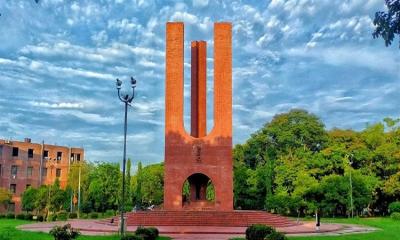
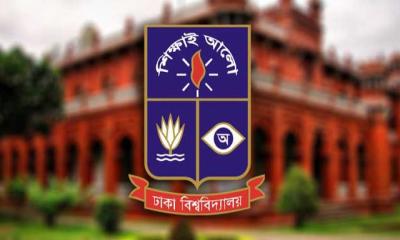
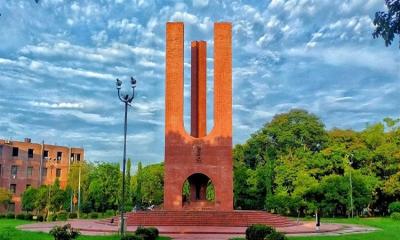
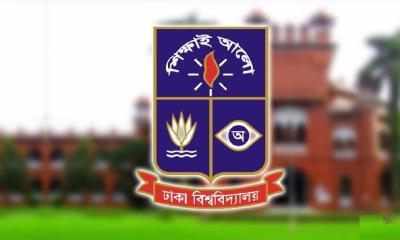

-20251216090625.jpeg)
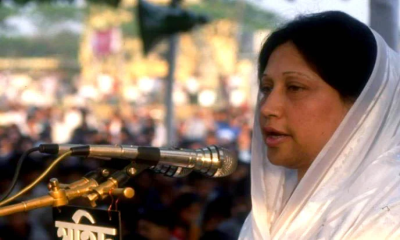
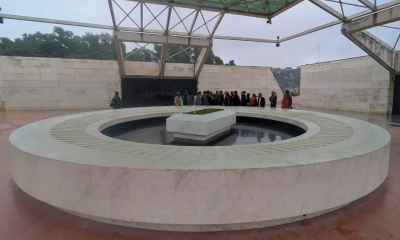
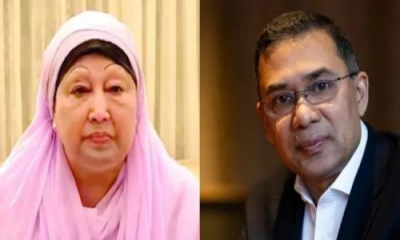
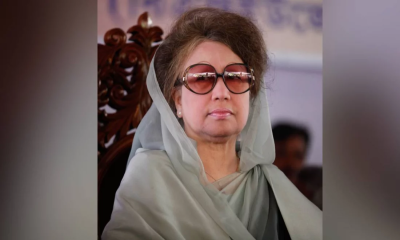

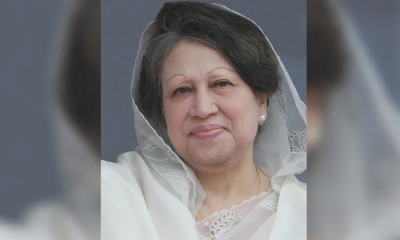

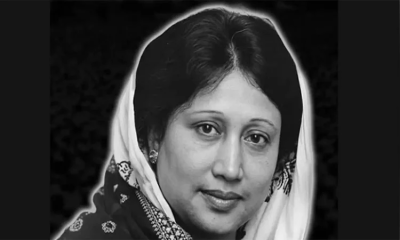
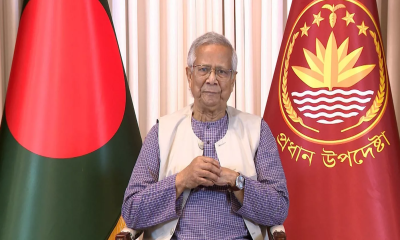

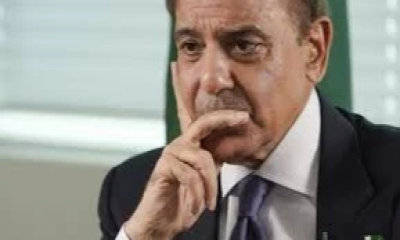
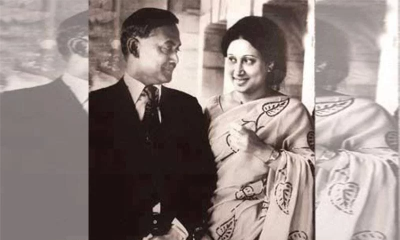
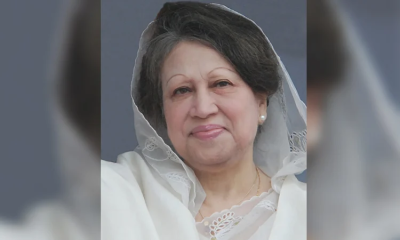
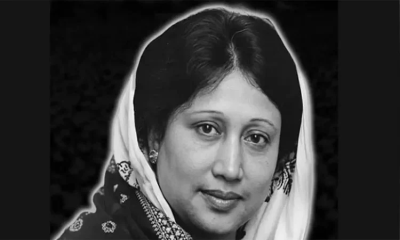
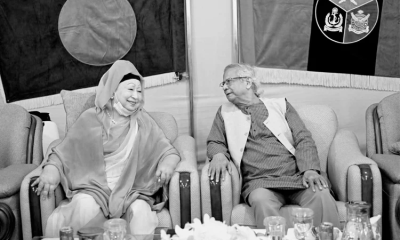


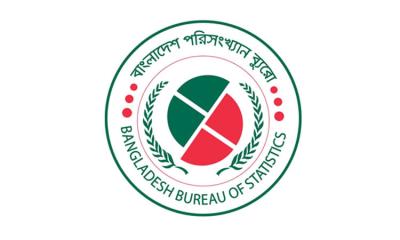
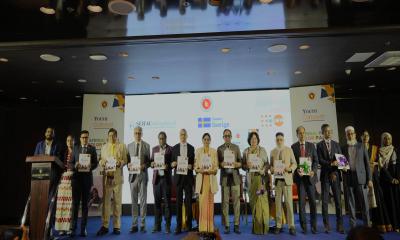
-20251227141313.jpeg)
